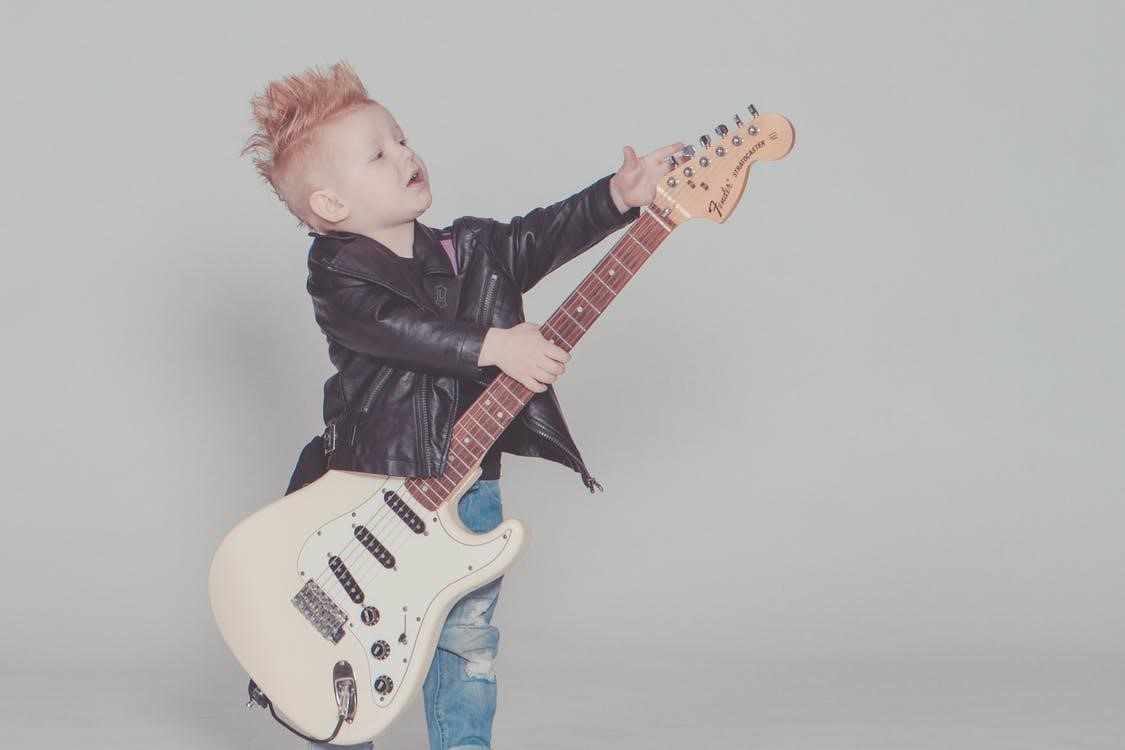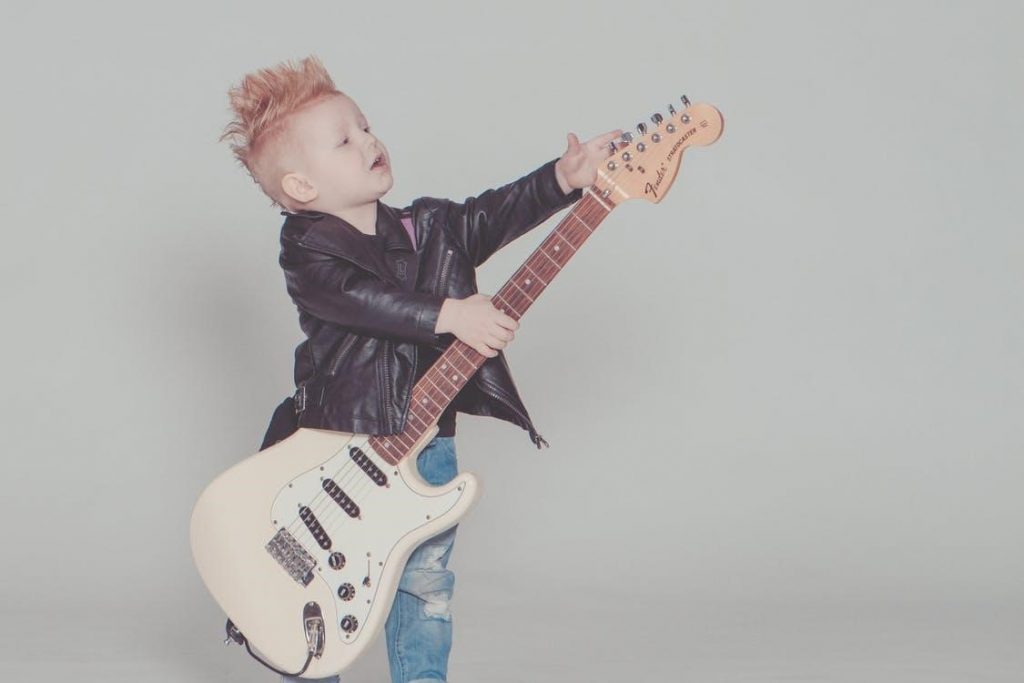The one thing that all parents want for their children is for them to have confidence. A confident child is one who can take the world in their stride and make everything exciting. Confidence can make them feel like mini superheroes who can take on the world and make it their everything. One of the best ways to build up their confidence is to challenge them, and we do that mostly through their education. Children need to know there are boundaries to thrive within, and in an educational environment, they can show their skills and embrace their creativity.
One of the many educational disciplines that lends itself to confidence-building is music. The classes can benefit children of all ages and levels, and with the right music teacher, a child’s confidence can visibly grow. A clear introduction to sheet music at a young age, along with an instrument they’re interested in playing, can really help to enhance their musical education. With all of this in mind, let’s take a look at how music can really encourage your children to be more confident.
- Encouraging Their Language. Have you ever played music for your baby and watched them bounce to the beat? Even from such an early age, children respond to music, so it’s never too early to incorporate music into their lives. Babies who can’t even speak can move to the sound of the music and start clapping their hands along to the beat. There are always music classes around for younger children because they’re not afraid to jump in and dance and attempt to sing. Children with speech delays who are hesitant to talk are often encouraged by music, instead. Music gives them an outlet to be creative and allow them to talk better.
- Building Their Skills. Every child who can run, jump, play and hop is a child who is confident and able to interact wonderfully with other children. Fine and gross motor skills need to be developed as they grow, and instruments can help children to build fine motor skills. The encouragement into learning better hand-eye coordination can filter in their school learning, giving them the chance for a high performance.
- Developing Their Independence. When children learn how to do things on their own, they gain better confidence in themselves. As they learn to master their vocal range or their ability to play an instrument, they develop their own self-discipline and a sense of self-assurance. They thrive when they do well, and this leads to better discipline in their new craft.
- Improving Their Friendships. One of the most important things to a child is their social life. Being with friends is important for them and being a part of a music class can really help to expand their social reach. Music has a lot of educational benefits, but their confidence in themselves and their new friendship groups are just as important as the mechanics of the instrument they are learning.







